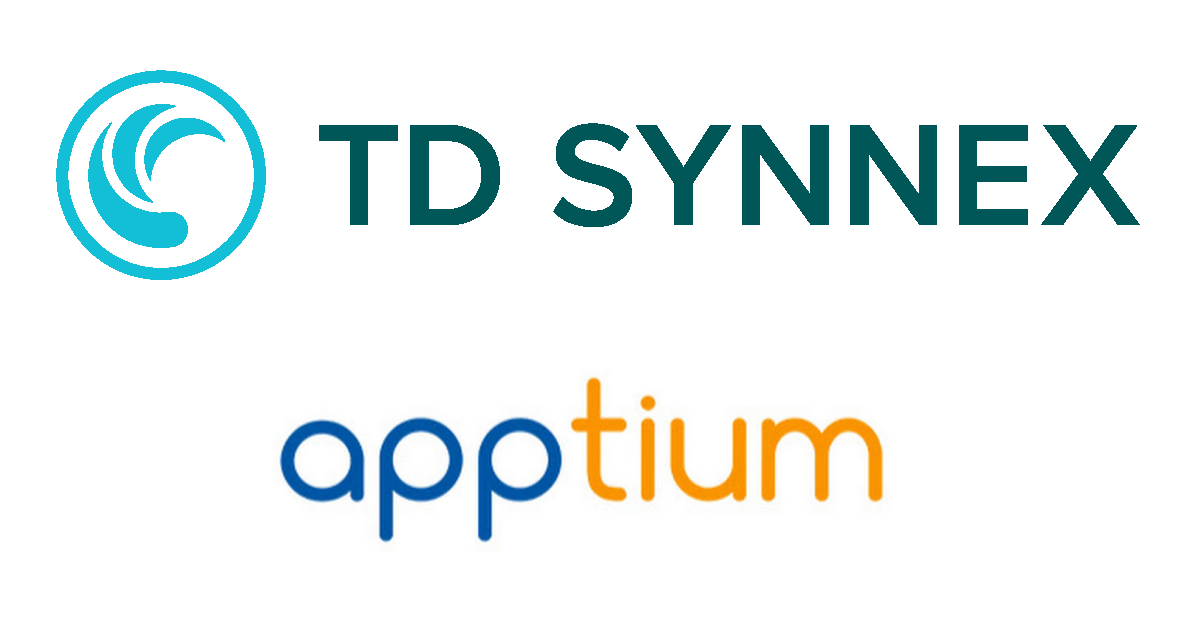Whether the cloud is secure or not is a matter of intense and unresolved debate. The early thought was because the data and apps are all far removed from your data center, it is intrinsically insecure. And there is nothing that would make a hacker prouder than cracking a major cloud data center.
On the flip side is the notion that large cloud providers have the resources and the motivation to lock down their systems super tight. They have manpower and tools most shops simply can’t afford.
Some surveys are backing the latter theory, that the cloud is indeed safer. But a report from Skyhigh Networks has a different tack. The problem is as much human and technical as many shops just aren’t properly prepared to shift to the cloud.
The report was based on actually cloud use, rather than a bunch of questionnaires, and gathered data from than three million users.
“What we are seeing from this report is that there are no consistent policies in place to manage the security, compliance, governance, and legal risks of cloud services," said Rajiv Gupta, founder and CEO at Skyhigh Networks. “Our cloud usage analytics suggest that enterprises are taking action on the popular cloud services they know of and not on the cloud services that pose the greatest risk to their organization. Lack of visibility into the use and risk seem to be crux of the problem.”
One problem is there are so many services, and the minority are chosen and managed by IT. “Data from more than 100 organizations suggests broad and rampant use of cloud services. 2,204 cloud services are in use across 3 million users across financial services, healthcare, high tech, manufacturing, media and services industries. 545 cloud services are in use by an organization on average, and the highest number of cloud services used by an organization is 1,769,” Skyhigh said.
One approach is to block unapproved cloud services, but Skyhigh found that low risk services, perhaps because they are well known, are actually blocked 40 percent more often than high risk services.
“Among the top 100 services used, the top 10 blocked services in use are Netflix, Foursquare, Apple iCloud, Gmail, Skype, Amazon Web Services, Batanga, Dropbox, KISSmetrics, and PhotoBucket,” Skyhigh said.
Microsoft and Hostway Bullish on Cloud Security
Service provider Hostway is one who believes the cloud is more secure. “Participants were asked which of the following services is more secure in a public cloud vs. an in-house setting: Web servers, database servers, email services, CRM and additional collaboration software. Signaling a significant shift in perceptions, even among audiences generally comfortable with cloud services, 62 percent of survey respondents indicated that key services are more secure in a public cloud environment,” the research revealed.
Microsoft commissioned a similar bit of research focused on SMBs. As perhaps expected, SMBs who haven’t moved to the cloud cite security as the biggest concern. In fact, 64 percent of those surveyed worry about cloud security and 45 percent fret that they will lose control over their data. Meanwhile, 42 percent don’t trust the cloud for reliability (they apparently weren’t asked if they trusted Windows to not have blue screens of death).
Talk to shops that made the cloud move and you get the opposite result. That’s what Microsoft did, and its result say that SMBs that use the cloud find a lift in privacy, reliability and security.
Of those that used the cloud, 94 percent found improved security through more current anti-virus and spam controls, and in general having more up-to-date systems.
Meanwhile 65 percent of cloud users see better reliability and 62 percent experience more privacy.
Hostway also tackled scalability, and discovered that 80 percent of those asked found the cloud more scalable than in-house infrastructure.
Another area probed was performance. “The survey revealed that 73 percent of respondents preferred public cloud hosting to in-house services based on performance,” the survey showed.
IT is apparently getting the message that security is no longer a cloud deal breaker.
“We've noticed a trend toward greater acceptance of public cloud hosting services over the past year,” said Aaron Hollobaugh, Hostway's Vice President of Marketing. “Organizations that were previously hesitant are now moving larger, more robust database workloads into the public cloud environment, and we're seeing rising demand for hybrid or public cloud installations from companies that previously used more traditional managed hosting services.”
TMC interviewed Hostway on video about moving mission critical applications to the cloud.
Edited by
Alisen Downey






